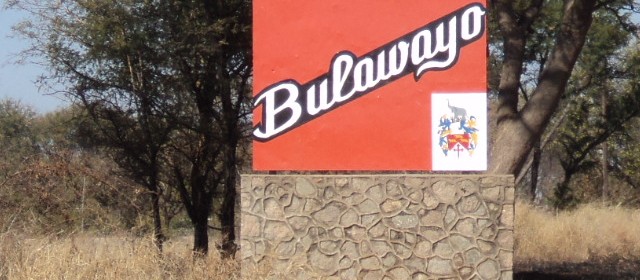- WICKNELL CHIVAYO left school at 15
- DISGRUNTLED Zimbabwe police stage uniform protest.
- MNANGAGWA wife Auxillia drops charges against nine women who boed her in Manicaland
- O.J. Simpson dies of cancer , aged 76.
- South Africa ANC is the cause of ZIMBABWE troubles claims Zimbabwe opposition politician Job Sikhala
Tribal hatred manifests in civil service, families, sporting events, business, religious congregations, political formations, social media platforms and deployment of security services

Tribal hatred manifests in civil service, familys, sporting events, business, religious congregations, political formations, social media platforms, deployment of security services etc. Tribalism in Zimbabwe is fuelled and exacerbated by centralization of power and decision makin
Matabeleland Institute for Human Rights hereby calls on the Parliament of Zimbabwe to decisively act on the issue of tribalism by immediately setting up a Parliamentary Taskforce/working group on tribalism, whose main task is to investigate opinions and views of the minority groups in Zimbabwe about tribalism and how best it should be dealt with.
This call for the anti-tribalism taskforce comes on the recognition of the following:
a) A week ago back there was uproar in Parliament when the presiding officer attempted to force the Deputy Minister of Home Affairs to respond in English arguing that responding in IsiNdebele will disadvantage some members of the house. This was despite the fact that previously some Ministers have responded in Shona and the presiding officer has never corrected that is disadvantages some members who do not hear Shona.
b) On Tuesday the 3rd of October 2017, Honourable Piscilla Misihairambi-Mushonga moved a very important motion in Parliament on tribalism and tender system in Zimbabwe and it was seconded by Honourable Thabitha Khumalo. The initial reactions of some of the Members of Parliament who seem bent on not having the issue discussed is a clear indication that issues of tribe are still pertinent in Zimbabwe.
c) Responding to the Motion by Honourable Misihairambwi – Mushonga, the Vice President of Zimbabwe who is also a responsible for National Healing and Reconciliation, downplayed the tribal issues and pretended as if tribal differences do not exist in the country. However, he self defeated when he somehow insinuated that tribal preferences exist but there is no law which says one tribe is better or superior than the other.
d) There is intense tribal hatred and divisions in Zimbabwe which has evidently manifested itself in civil service, family unions and relations, individual citizen relations, sporting events, business, religious congregations, political formations, social media platforms, deployment of security services etc. Tribalism in Zimbabwe is fuelled and exacerbated by centralization of power and decision making. Ignoring this glaring fact is being malicious and untrue.
e) The fact that we have a person at the level of a Vice President who is responsible for national healing and reconciliation evidently confirms that there are serious divisions and injustices (most of which are tribal) and the fact that the person concerned is denying the existence of institutionalized tribal rifts, tensions, marginalization and injustices is regrettable and unfortunate to say the list.
It is in this light that we at Matabeleland Institute for Human Rights therefore call for the speedy setup of a Parliamentary Taskforce to investigate (especially among the tribally marginalized and excluded minority tribes and groups) the extent of institutionalised Tribalization of development and service delivery. This taskforce should also solicit for the views of the groups as to what should be done to solve this issue. The report of the taskforce should be presented to Parliament (not to the executive) and should be made public. This call is in support of the Motion by Honourable Priscilla Misihairambwi-Mushonga which she has tabled in parliament.
Tribalism is a human right violation as it violates the freedom of association, freedom from discrimination and cultural rights as enshrined in the Constitution of Zimbabwe and International law.
Source – Matabeleland Institute for Human Rights